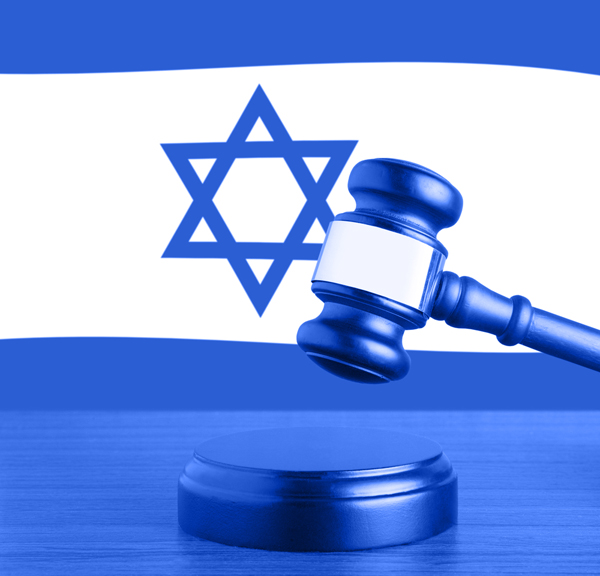Twitter Ordered To Identify French Users Who Tweeted Anti-Semitic Remarks


In a case that could set significant president in international technology law, a French court has ordered Twitter to identify users who posted anti-Semitic and racist entries on its social network. The order follows a lawsuit initiated by the French Union of Jewish Students, SOS Racisme and other rights groups that claimed Twitter postings made under pseudonyms broke French law against racist speech.
The Tweets, made late last year, made anti-Semitic statements such as “a good Jew is a dead Jew,” as well as jokes about the Holocaust and comments against Islam. Not only is hate speech illegal in France, but Holocaust denial is also a crime.
The court ordered Twitter to provide the “data in its possession that could permit the identification of anyone who has contributed to the creation of manifestly illegal Tweets.” It also advised Twitter to “set up, within the framework of its French platform, an easily accessible and visible system enabling anyone to bring to its attention illegal content, especially that which falls within the scope of the apology of crimes against humanity and incitement to racial hatred.”

Twitter has 15 days to surrender the data identifying the users who posted the messages judged anti-Semitic, or face fines of 1,000 euros—$1,300 per day. Twitter is currently reviewing its options, but has made no indication it plans to comply with the order. According to the company’s Web site, it is Twitter’s policy “to response to such U.S. court-ordered requests when properly served.” In 2011, British authorities asked a California court to order Twitter to hand over the identity of a user accused of defaming members of a British town council. Twitter ultimately relented.
Granted Twitter has no offices in France and its employees cannot face French prosecution. But it boasts millions of French users and it sells ads in the European nation. The commerce could encourage French authorities to pursue their case across the Atlantic.
The case emphasizes the growing conundrum in international technology law. With the growth of the cloud, what happens when a platform is based in once country but a user breaks a law in another country? Which country has jurisdiction?
“It is a big deal because it shows the conflict between laws in France and laws in the U.S., and how difficult it can be for companies doing business around the world,” Françoise Gilbert, a French lawyer who represents Silicon Valley companies in courts on both continents, told the New York Times.
[Images via Shutterstock]









































